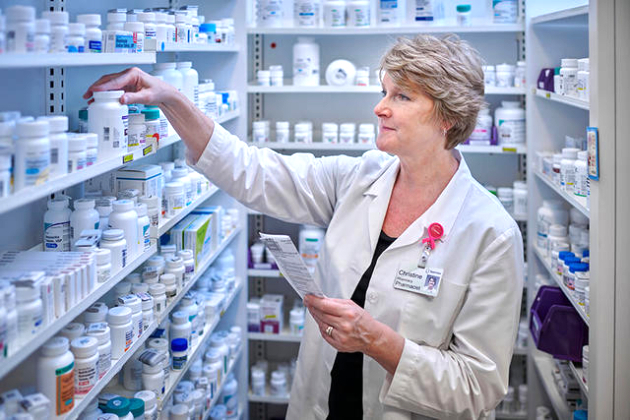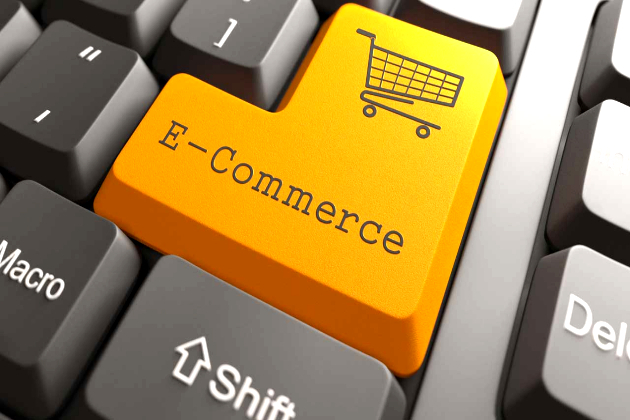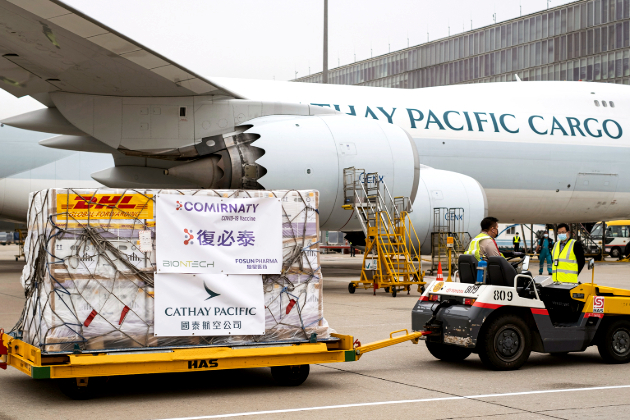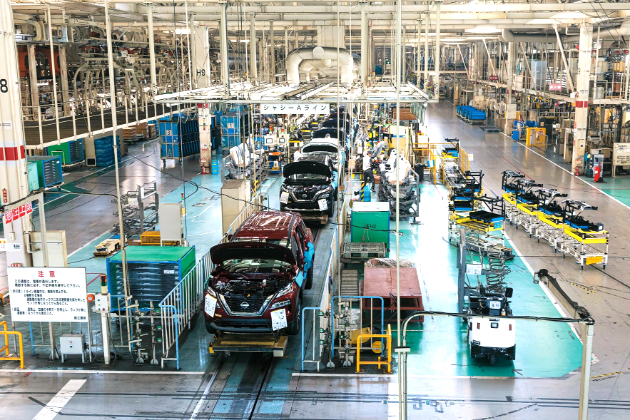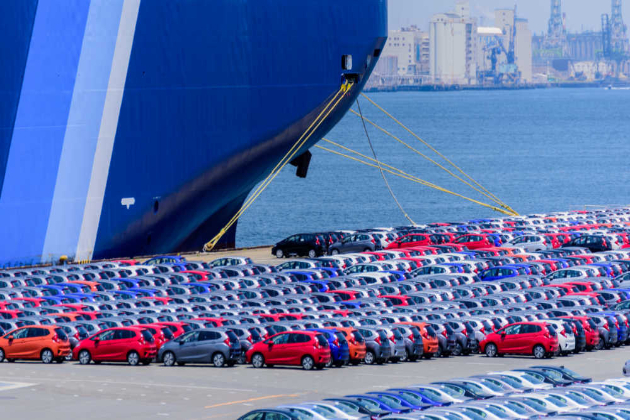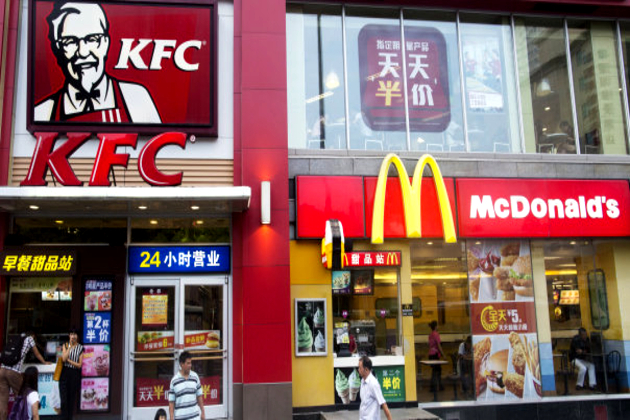Coronavirus: how values drive decisions in science, not data
The Conversation
26 Mar 2020, 18:14 GMT+10
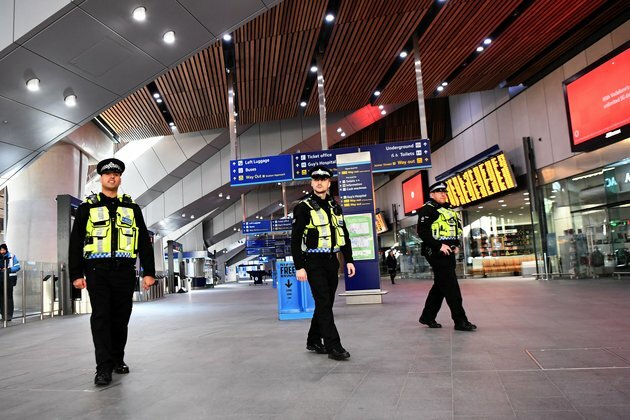
The outbreak of COVID-19 resulted in a range of emergency responses and policy strategies across the globe. While scientists are working around the clock to enhance our understanding of this disease, there is no conclusive data that can determine the best method to combat COVID-19. What drives decisions is our value judgements.
Philosophers of science spend a lot of time thinking about the role of social, economic and ethical values in science. While we like to think that science is largely free of values, they often play an important role in the way we interpret the results of scientific practices. This philosophical insight can help us understand the complexities and challenges in deciding the best way to combat this outbreak.
While we saw seemingly effective lockdown measures being taken in Asian countries, such as China, South Korea and Singapore, early responses in European countries have varied. Following the crisis in Italy, where the infection circulated unnoticed for some time in the northern part of the country, many European countries, such as France, Spain and Ireland, were quick to close schools and implement other social-distancing measures aimed at suppressing the outbreak.
Late adopter
One country that was late to adopt this strategy was the UK, where the initial strategy was not to suppress, but to mitigate.
The British authorities defended this strategy, claiming it was based on the most current information provided by the best science. We heard this claim repeated many times, which raises the question: what constitutes the best scientific advice and, more importantly, what is the best approach to controlling the outbreak?
Both suppression and mitigation can be effective in controlling the outbreak. But in determining which one is the best, there is no simple answer. Each method will have a different impact on all parts of human life. So in determining the best response, we need to look further than the scientific evidence and think about the social, economic and ethical consequences of different approaches.
The UK's initial strategy of mitigation encouraged only people with symptoms (consistent coughing and high fever) to self-isolate. Through mitigation, the UK government hoped to keep the rates of infection below the threshold that can be dealt with by the NHS. But it was later revealed - through modelling carried out by Imperial College's COVID-19 Response Team - that mitigation alone would not be enough to keep the rate of new infections at a level that can be managed by the NHS.
While mitigation is expected to have a lesser impact on the economy, researchers at Imperial College have demonstrated that it will lead to a quarter of a million people dying. What led to the change in the British approach was not the change in our understanding of the disease but the revelation of the human cost of the mitigation. When a quarter of a million lives are in danger, the ethical cost of this approach is not palatable.
Suppression, on the other hand, can be highly effective in the short run, keeping the rate of infection at a manageable level. But it must be maintained for a long time until a vaccine becomes available. Lifting suppression before we have widespread immunity will result in the disease reemerging. Suppression has a high economic and social cost. And unless it can be maintained properly, it won't be effective, leading to further outbreaks in the future.
Both methods, mitigation and suppression, have major challenges. Choosing between the two requires a series of value judgements. There is no pure data that will allow us to determine the best way to combat this virus. The way we assess scientific data and build models require a series of value judgements. The crucial expertise we need in this case is one that can interpret scientific evidence in light of wider social and economic risk. We need as many social scientists, economists, behavioural psychologists as epidemiologists and virologists to gain a better understanding of the challenges ahead of us.
We can only determine the "best method" for a given country once we understand how the virus is spreading and how it's affecting its social, economic and ethical constitution.
Author: Erman Sozudogru - Teaching Fellow in Philosophy of Medicine, UCL 
 Share
Share
 Tweet
Tweet
 Share
Share
 Flip
Flip
 Email
Email
Watch latest videos
Subscribe and Follow
Get a daily dose of North Korea Times news through our daily email, its complimentary and keeps you fully up to date with world and business news as well.
News RELEASES
Publish news of your business, community or sports group, personnel appointments, major event and more by submitting a news release to North Korea Times.
More InformationInternational
SectionEU drugmakers demand higher prices to boost innovation
BRUSSELS, Belgium: European pharmaceutical companies are pushing for higher drug prices across the EU, warning that current pricing...
Michigan nuclear plant gets federal funds for historic restart
WASHINGTON, D.C.: A nuclear power plant in Michigan is hoping to become the first in the U.S. to restart after being permanently shut...
FAA acts to prevent midair collisions near Las Vegas airport
WASHINGTON, D.C.: This week, the Federal Aviation Administration (FAA) said it is taking steps to stop collisions between helicopters...
Trump and Zelenskyy meet in private at Pope Francis funeral
THE VATICAN - U.S. President Donald Trump met privately with Ukrainian President Volodymyr Zelenskyy in St. Peter's Basilica in Vatican...
Kennedy and Makary say FDA will phase out synthetic food dyes
WASHINGTON, D.C.: This week, Health Secretary Robert F. Kennedy Jr. and FDA Commissioner Marty Makary said they plan to remove artificial...
Trade talks to target India’s digital market rules
WASHINGTON, D.C.: The United States plans to press India for sweeping changes to its e-commerce policies as part of negotiations aimed...
Business
SectionCathay Pacific braces for cargo slowdown amid China-US trade tensions
Hong Kong: Cathay Pacific Airways is preparing for a slowdown in air cargo traffic between China and the United States as new trade...
Nissan accelerates strategy in China to compete with global rivals
SHANGHAI, China: Nissan is making a fresh push to regain its footing in China with a US$1.4 billion investment and a pledge to speed...
Toyota’s Hino and Mitsubishi Fuso near merger deal
TOKYO, Japan: Toyota's Hino Motors and Daimler Truck's Mitsubishi Fuso are edging closer to a long-awaited merger of their truck operations,...
Trade talks to target India’s digital market rules
WASHINGTON, D.C.: The United States plans to press India for sweeping changes to its e-commerce policies as part of negotiations aimed...
China’s automobile exports jump 16% in early 2024
BEIJING, China: China's automobile exports rose sharply in the first quarter of 2024, with 1.54 million vehicles shipped abroad, marking...
Beijing BBQ spot drops US beef over high tariffs
BEIJING, China: At Home Plate BBQ in Beijing, the iconic Texan brisket is about to get a new passport. The restaurant, known for its...

